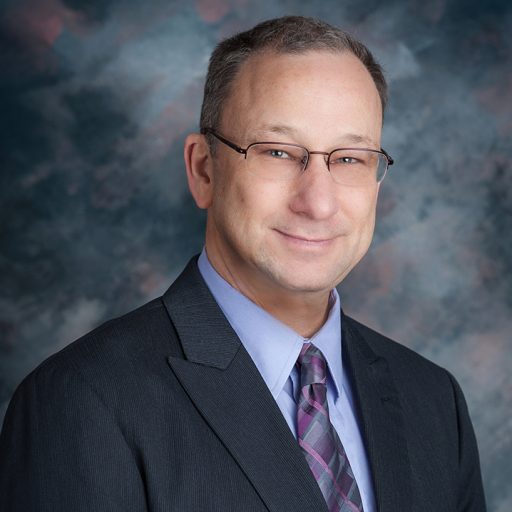I learned a long time ago that I’m a Constructivist. Constructivism is essentially the concept that each learner builds (constructs) his/her own learning (this is, of course, a broad generalization of a deep and complex topic, but will serve here). In teaching in the classroom and in watching students in other teacher’s classrooms, constructivism has been apparent to me. I’ve seen enough “light bulb” moments to be rooted in constructivism. So, the concept of finding that one right strategy to teach all students has always frustrated me. Learning is messy. Learning can be ugly. Learning is non-linear. Learning doesn’t happen on the same day for all learners. Learning doesn’t happen in the same way for all learners.
One of the recent trends that we seen is the identification and public sharing of Content and Language Objectives. First of all, let me say that I don’t believe that there is anything wrong with Content and Language Objectives. These are wonderful things for teachers to know, actively identify and work with on a real level. There are instances where it is wonderfully useful for students to know and identify Content and Language Objectives as well. However, if every class starts with the students choral reading the Content and Language Objectives, well, I’m going to doubt that meaningful learning will happen in all classes.
See, I believe that learning frequently resides in a mystery. Learning lives in a story. Learning lives in discovery. Learning can be different for each student on each day.
Now, here comes Science. The new NGSS guidelines focus on students doing discovery learning. YES! YES! YES! Students doing the work. Students NOT being told what they will learn, but being guided so that they will learn what they need. This is how I believe that more learning should happen. Teachers guiding the students along the path of enlightenment, not being told that at the end of the hour they will be able to….
*Image: The original image has been released into the public domain by its author, AllyUnion, at the English Wikipedia project.





Leave a Reply